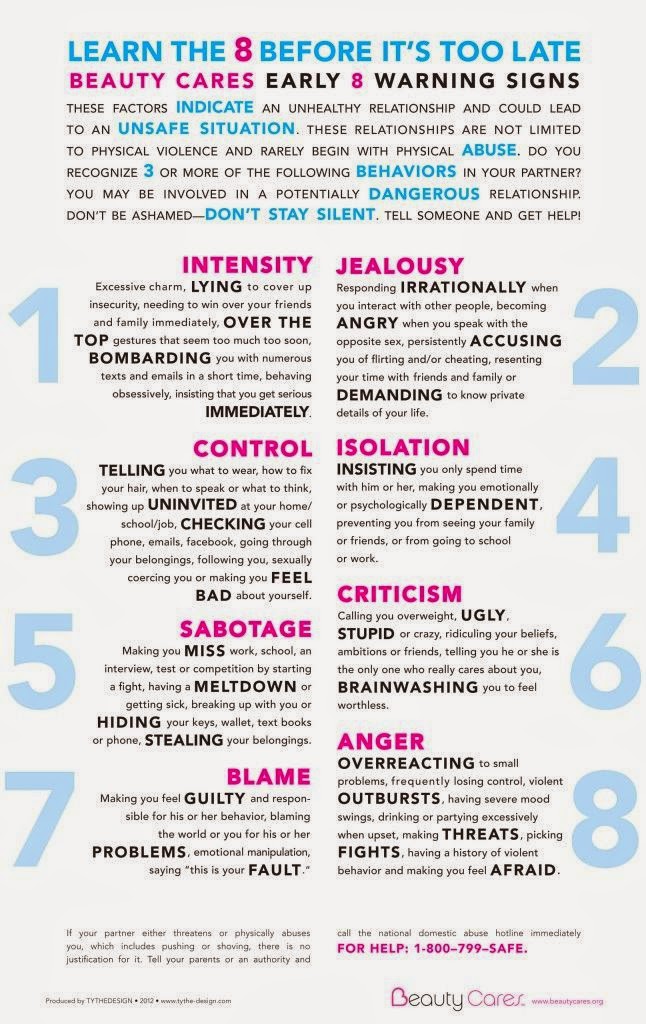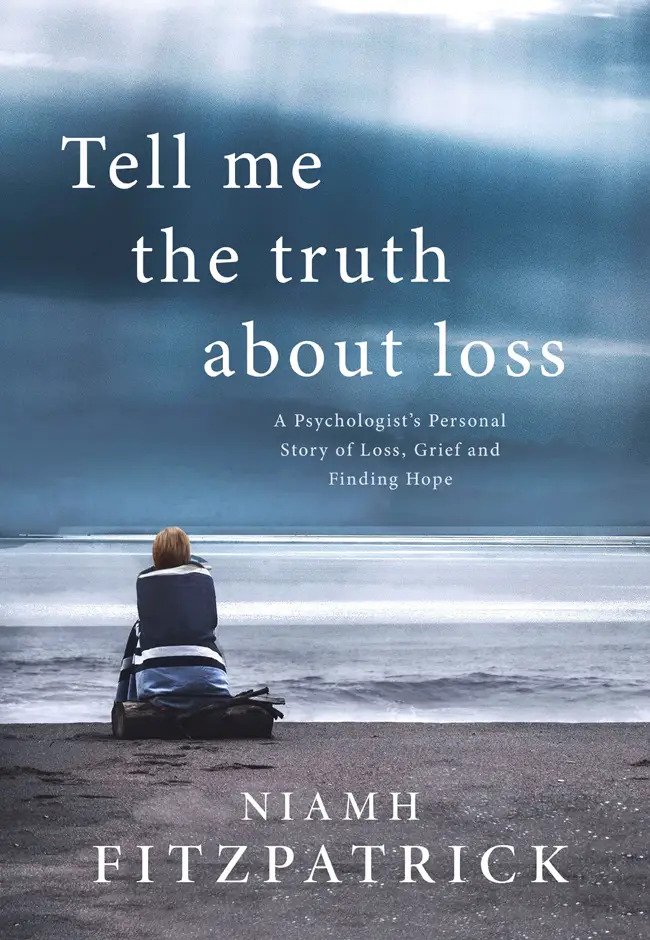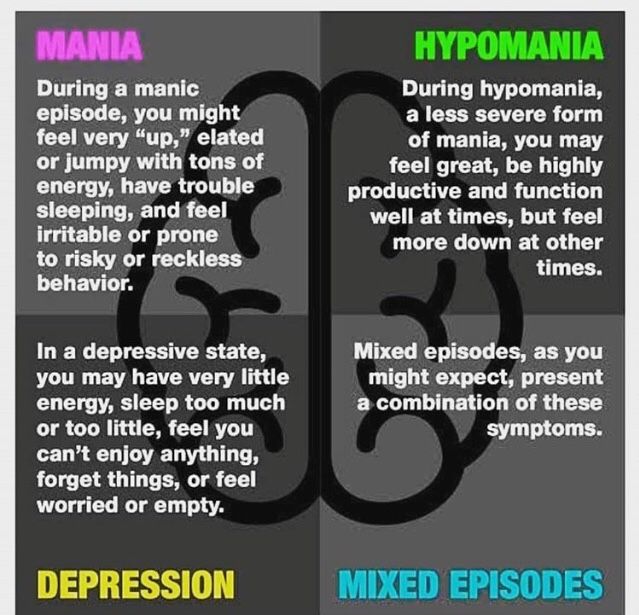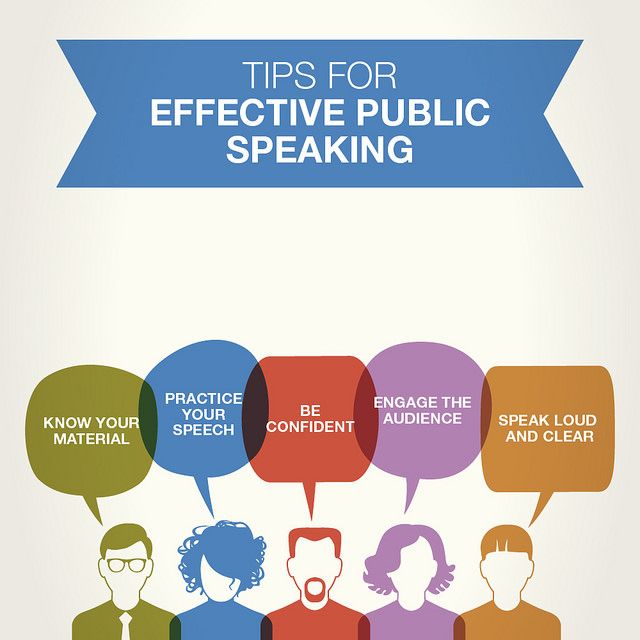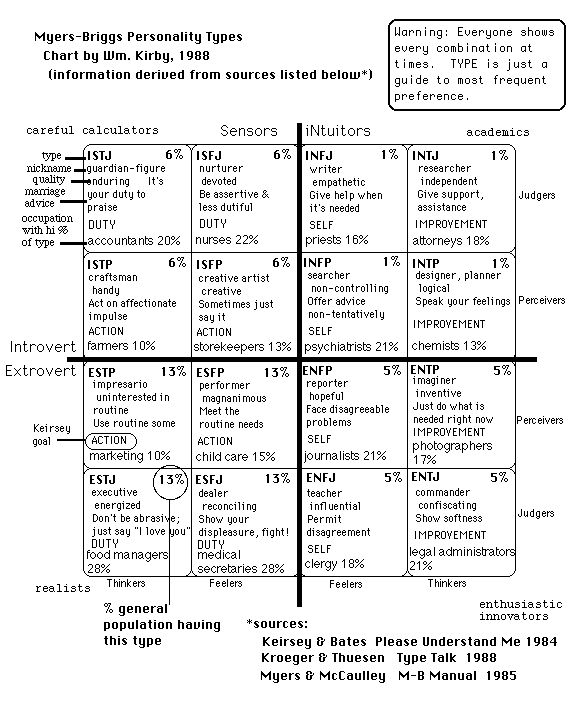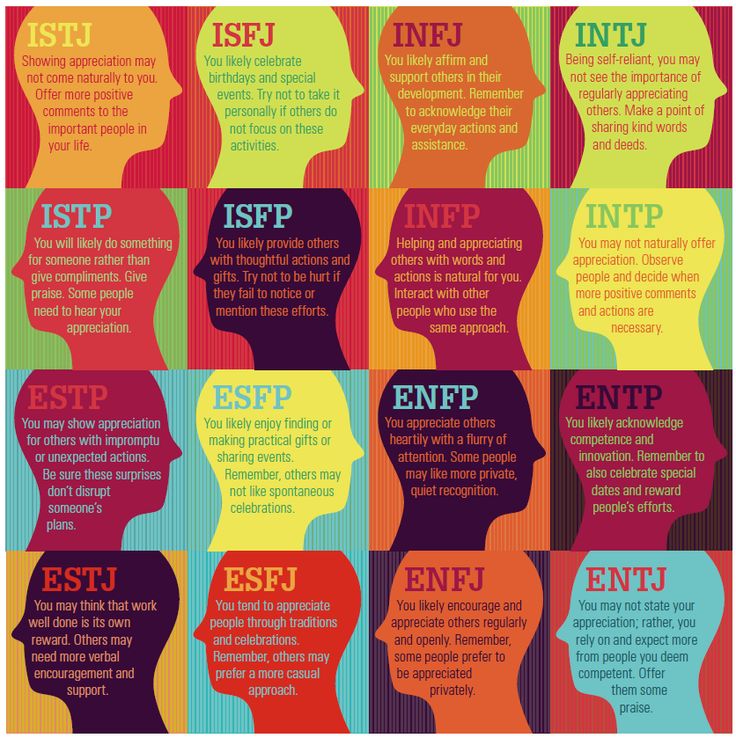Which is worse physical or emotional abuse
What’s Worse Emotional Or Physical Abuse?
It is impossible to claim that any type of abuse is worse than another. Abuse is defined as “any action that intentionally harms or injures another person.” All kinds of abuse are damaging, and they all have a severe impact on the victim’s physiological health. Although emotional abuse may not lead to physical injury, studies have found that emotional abuse can be as mentally and psychologically damaging as physical abuse when it comes to mental and behavioral health. More so, research indicates that the resulting mental health problems are similar regardless of whether the maltreatment is physical, psychological, sexual, emotional, or some combination.
What Is Emotional Abuse?
The University of Texas at Dallas defines emotional abuse as “any abusive behavior that isn’t physical, which may include verbal aggression, intimidation, manipulation, and humiliation, which most often unfolds as a pattern of behavior over time that aims to diminish another person’s sense of identity, dignity, and self-worth. ” Emotional abuse arises from one person’s desire for control over another. Emotionally abusive behaviors could include the following examples, provided by VeryWell Mind:
- Stalking
- Threatening
- Attempting to control access to one’s family or friends
- Trying to control clothing choices
- Yelling
- Name-calling
- Insults
- Intentionally publicly embarrassing someone
The reality of a victim of emotional abuse may become distorted as they internalize the abuse as their own failings. Psychology Today explains that people who suffer emotional abuse may experience short-term difficulties (e.g., confusion, fear, difficulty concentrating, and low confidence, as well as nightmares, aches, racing heart, etc.) as well as long-term repercussions, such as anxiety, insomnia, and social withdrawal.
What Is Physical Abuse?
Physical abuse is defined as any deliberate and unwanted physical contact.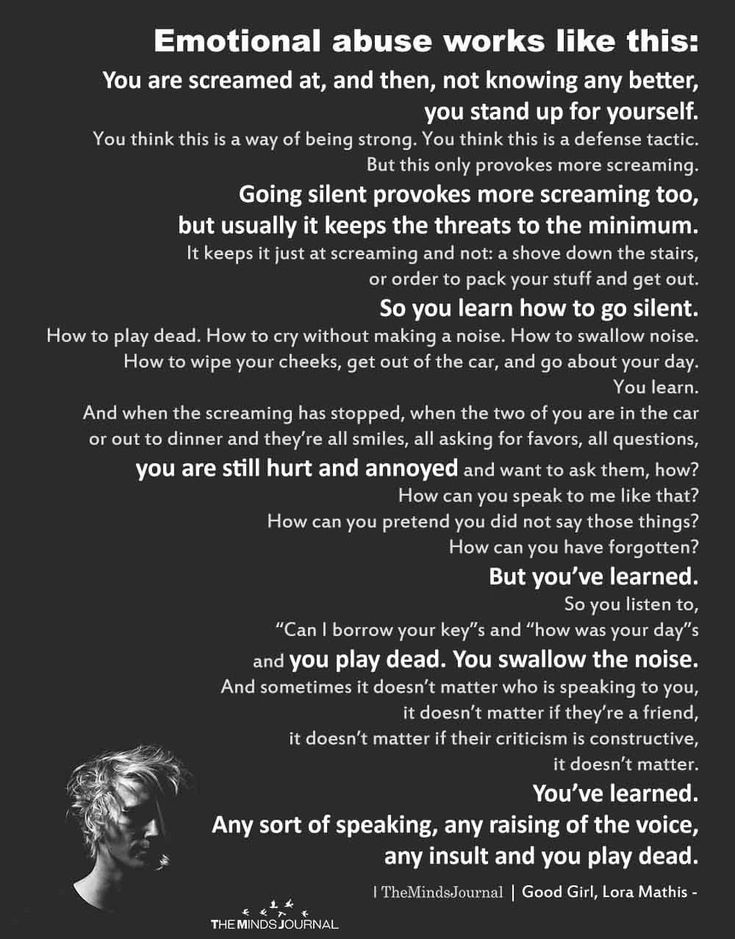 Physically abusive behaviors may not necessarily leave a visible mark on a teen’s body or even cause physical pain, but purposeful unwanted contact is considered abuse. The American Academy of Child and Adolescent Psychiatry provides examples of physically abusive treatment, including but not limited to:
Physically abusive behaviors may not necessarily leave a visible mark on a teen’s body or even cause physical pain, but purposeful unwanted contact is considered abuse. The American Academy of Child and Adolescent Psychiatry provides examples of physically abusive treatment, including but not limited to:
- Hair pulling
- Scratching
- Punching
- Kicking
- Biting
- Pushing
- Burning
- Hitting
- Using a weapon
- Pulling or grabbing clothes
The effects of enduring physical abuse can not only be physically damaging, but emotionally crippling. It is important to note that physical abuse rarely happens without the accompaniment of emotional abuse.
For Information and Support
Every family in need of mental health treatment must select a program that will best suit the needs of their family.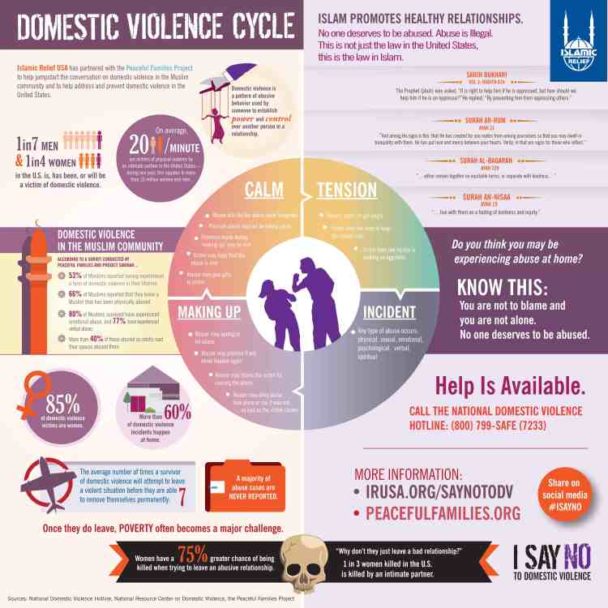 When one member of a family struggles, it impacts everyone in the family unit. To maximize the benefits of treatment we work closely with the entire family to ensure that everyone is receiving the support they need through these difficult times.
When one member of a family struggles, it impacts everyone in the family unit. To maximize the benefits of treatment we work closely with the entire family to ensure that everyone is receiving the support they need through these difficult times.
Seeking help is never easy, but you are not alone! If you or someone you know needs mental health treatment, we strongly encourage you to reach out for help as quickly as possible. It is not uncommon for many mental health difficulties to impact a person’s life, in the long term. Pursuing support at the beginning of one’s journey can put the individual in the best position to learn how to manage themselves in a healthy way so they can go on to live happy and fulfilling lives.
OUR KNOWLEDGEABLE ADMISSIONS TEAM CAN BE REACHED 24/7 AT [email protected] OR CALL: (866) 602-5512
We are available to answer any questions you may have regarding mental health treatment and our residential program, anytime. Contact us today using the form to the right.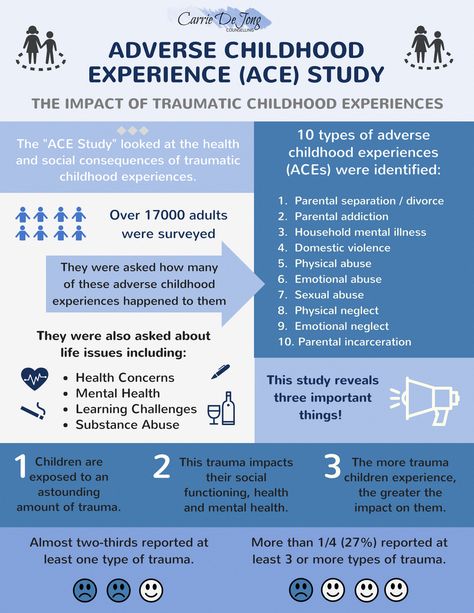
Emotional Abuse vs Physical Abuse
back
May 14, 2021
Emotional abuse involves a perpetrator who controls a victim through threats, insults, and other nonphysical forms of violence.
- Emotional abuse can happen within the context of any significant relationship.
- Emotional and physical abuse both have substantial consequences for the victim’s mental health.
- Therapy can help victims deal with the damage done by emotional abuse.
What Is Emotional Abuse?
Emotional abuse and neglect, sometimes called psychological abuse, occurs when an attacker uses power to insult, embarrass, humiliate, or scare a victim into compliance. Over time, the victim starts to believe that the things the attacker says are true. The victim may feel they are responsible for the abusive behavior. It’s important to note that emotional abuse is a pattern of fear and control that repeats itself over time, and it can happen in any important relationship.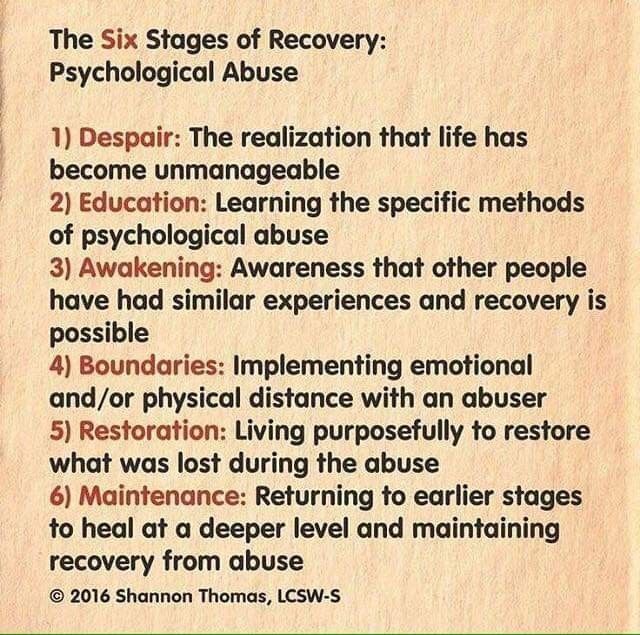 Parents can be emotionally abusive toward children, and romantic partners can emotionally abuse each other. Psychological abuse and maltreatment can even occur between coworkers or between an employee and a supervisor.
Parents can be emotionally abusive toward children, and romantic partners can emotionally abuse each other. Psychological abuse and maltreatment can even occur between coworkers or between an employee and a supervisor.
How Does Emotional Abuse Compare to Physical Abuse?
It’s impossible to say that any type of abuse is worse than another. All kinds of abuse are damaging, and they all have a severe impact on the victim’s mental health. Also, physical abuse rarely happens without the accompaniment of emotional abuse and neglect. Research indicates that the resulting mental health problems are similar regardless of whether the maltreatment is physical, psychological, sexual, emotional, or some combination.
This principle is true whether the abuse is directed at the victim or if the violence is against someone else and only witnessed by the victim. For example, children who witness domestic violence between their parents may be equally as traumatized as those who suffer violence against their own bodies.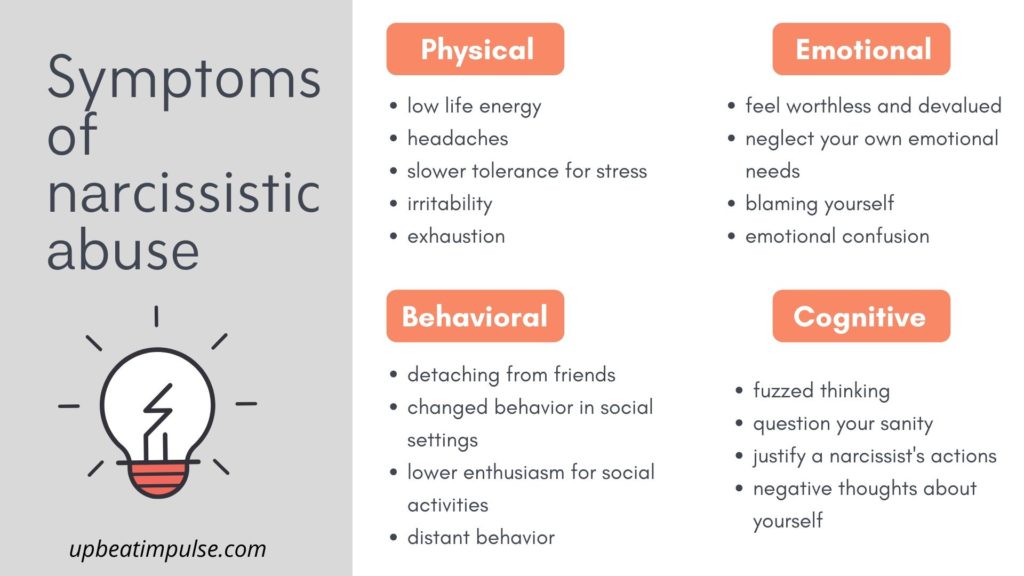
While the damage may be similar no matter the type of maltreatment, each type does have some hallmarks:
- Physical abuse is usually the most visible. Bruises on the skin, scars, and burn marks are all easy to see. Emotional abuse leaves no such visible signs. Because of this, psychological abuse may go unnoticed for many years.
- Emotional abusers focus on controlling the victim by any mental means necessary. Even if the victim still goes to school and participates in community activities, the perpetrator’s voice is always in the victim’s head.
How Does Emotional Abuse Impact Mental Health?
Victims of psychological abuse suffer long and short-term consequences for their mental health. In the short term, victims are often confused, afraid, and lacking in self-confidence. They may have nightmares and difficulty focusing on tasks. The resulting anxiety can cause physical symptoms such as body aches and heart palpitations.
Over several years, victims may experience chronic anxiety and difficulty sleeping. They may withdraw from social interactions and situations, as well as activities they once enjoyed. Instead, victims may become consumed with changing themselves to please the perpetrator and stop the maltreatment.
Psychological child abuse can be particularly devastating for those victimized by their parents:
- Parental verbal child abuse can include constant criticism, insults, and rejection.
- Parents may refuse to acknowledge the child’s feelings, such as anger or sadness, interfering with the normal development of emotions.
- Antagonistic interactions between children and parents during childhood become more prominent in the memory than positive experiences.
- Children internalize what their parents say about them and accept it as truth until later in life. By that time, the damage to self-esteem and self-image is complete.
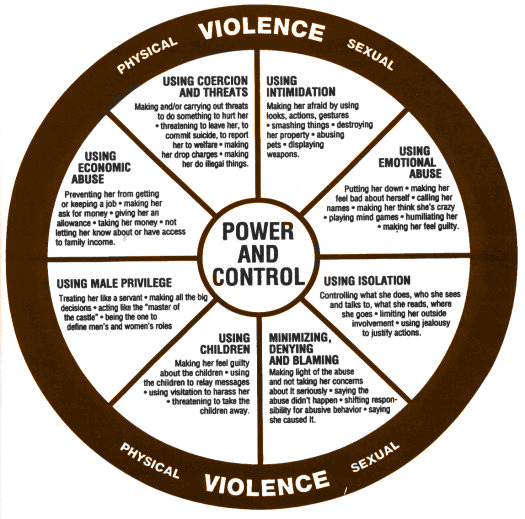
The results of childhood psychological abuse are often emotional difficulties, depression, low self-confidence, and anxiety. The good news is that therapy can be very effective in helping children and adults overcome this kind of childhood trauma and maltreatment.
What Are Some Types of Emotional Abuse?
If you suspect that you or someone you love may be the victim of emotional abuse, look for signs that the person is under the perpetrator’s control. Watch for instances where the attacker manipulates the victim, keeps them away from friends and family, or threatens them. The perpetrator might also threaten the victim’s family, children, or pets. Here are a few specific behaviors you might observe:
- The perpetrator may cut off the victim’s access to money or credit cards.
- The abuser may be extremely jealous or paranoid and may accuse the victim of outrageous things.
- The attacker may criticize everything about the victim, from how they dress to how they raise their children, subjecting them to constant ridicule.

- The perpetrator may make love, affection, or attention conditional on compliance with the abuser’s wishes.
- The attacker may refuse to leave the victim alone for any significant length of time.
- The perpetrator may interfere with the victim’s educational, career, or personal goals.
- Perpetrators may involve children in emotional abuse, using them as pawns to maintain control.
Sometimes emotional maltreatment doesn’t have any visible signs. Abuse can look like blame, harsh judgment, and sarcasm. Sometimes perpetrators treat the victim as an inferior person, telling them how to behave to be “better.” Another characteristic of emotional abuse is that a perpetrator’s substance abuse may aggravate it.
How Can a Victim Heal From Emotional Abuse?
Though it can be tough to do, the first step to healing is for the victim to leave the abusive relationship. No amount of talking or reasoning with emotional abusers will change the behavior.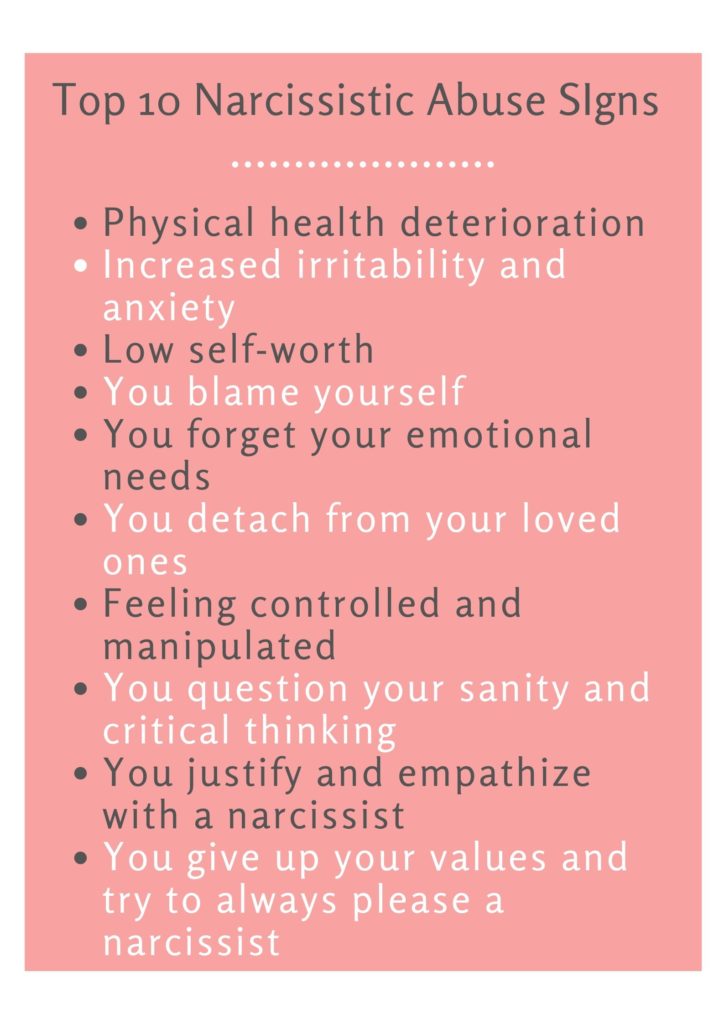 Victims should seek out counseling and community resources to build a support system if they don’t have a supportive circle of friends or family.
Victims should seek out counseling and community resources to build a support system if they don’t have a supportive circle of friends or family.
At MHS, we offer various interventions and abuse therapy to help victims recover from years of emotional abuse and maltreatment. We work with adults and adolescents in group and individual settings to help victims make positive changes. Contact us today to schedule an assessment.
Featured Image: Panitanphoto/Shutterstock
There are no bruises, but the soul is crippled: answers to important questions about psychological abuse
Does emotional abuse necessarily lead to physical abuse? Why do victims of psychological abuse not always understand what they are facing? Why do those who find themselves in a particularly difficult situation refuse help? Is it possible to “cure” relationships that involve non-physical abuse? Understanding with a psychologist
Not so long ago, Netflix released the series Maid (aka The Cleaner: The Story of a Single Mother in Russian translation), dedicated to the problem of emotional and psychological violence in the family. According to the plot of the series, Alex (Margaret Qualley) leaves her husband, who cannot control his outbursts of anger. Alex is especially frightened by his behavior while intoxicated. The heroine finds the strength to break off these relations, but does not immediately seek help - it is difficult for her to admit and accept that she faced violence, because the aggressor did not beat her. Co-founder and supervisor of the “NeTerpi” psychological assistance center, former psychologist of the “Nasiliyu.net” center (recognized as a foreign agent in Russia) Tatyana Orlova tells why it is difficult for a person who has found himself in a situation of emotional abuse to realize what is happening, whether the only reason for aggression is alcohol and where to turn to the victims.
According to the plot of the series, Alex (Margaret Qualley) leaves her husband, who cannot control his outbursts of anger. Alex is especially frightened by his behavior while intoxicated. The heroine finds the strength to break off these relations, but does not immediately seek help - it is difficult for her to admit and accept that she faced violence, because the aggressor did not beat her. Co-founder and supervisor of the “NeTerpi” psychological assistance center, former psychologist of the “Nasiliyu.net” center (recognized as a foreign agent in Russia) Tatyana Orlova tells why it is difficult for a person who has found himself in a situation of emotional abuse to realize what is happening, whether the only reason for aggression is alcohol and where to turn to the victims.
Related material
A person may not always be aware that he is in a situation of psychological violence
Why is this happening? There may be several reasons for this.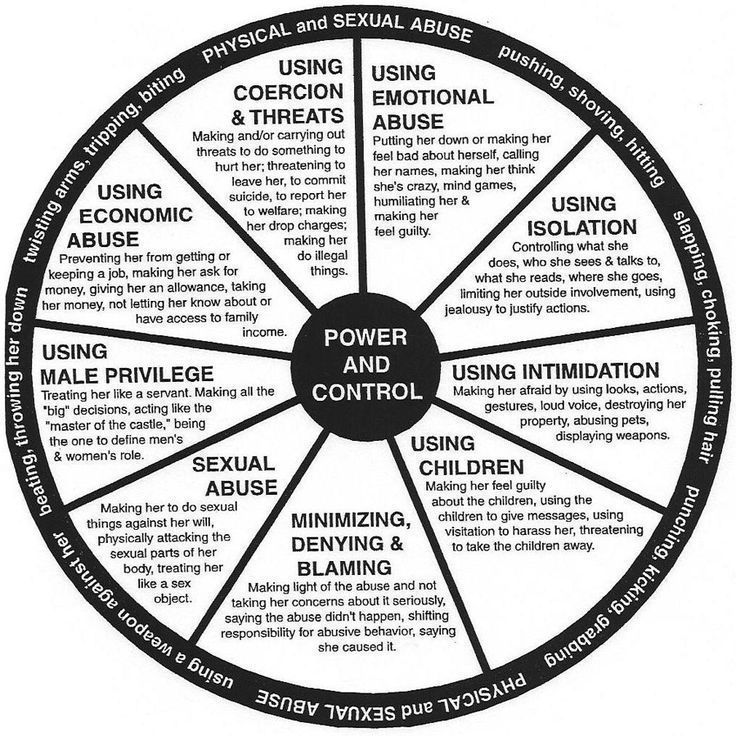 A person who has experienced violence may have lived in similar relationships as a child - for example, he was severely punished or ignored. He takes it as the norm. Or violence arises very gradually, is added in small portions. Then our consciousness manages to adapt to it, create protective mechanisms (for example, pity for the offender) - and also ceases to notice it. There is a third reason: immediately a very cruel attitude that causes serious injury. And the trauma is experienced by our consciousness due to repression: we seem to forget the episodes that traumatize us and therefore we cannot draw proper conclusions from them.
A person who has experienced violence may have lived in similar relationships as a child - for example, he was severely punished or ignored. He takes it as the norm. Or violence arises very gradually, is added in small portions. Then our consciousness manages to adapt to it, create protective mechanisms (for example, pity for the offender) - and also ceases to notice it. There is a third reason: immediately a very cruel attitude that causes serious injury. And the trauma is experienced by our consciousness due to repression: we seem to forget the episodes that traumatize us and therefore we cannot draw proper conclusions from them.
Psychological abuse is difficult to notice at an early stage
Therefore, if the relationship develops too rapidly, if the partner constantly requires you to make some kind of sacrifice, if he is very jealous, scolds and blames former partners and friends, or talks about cases of cruelty and revenge against them, it is worth behaving carefully and giving yourself time.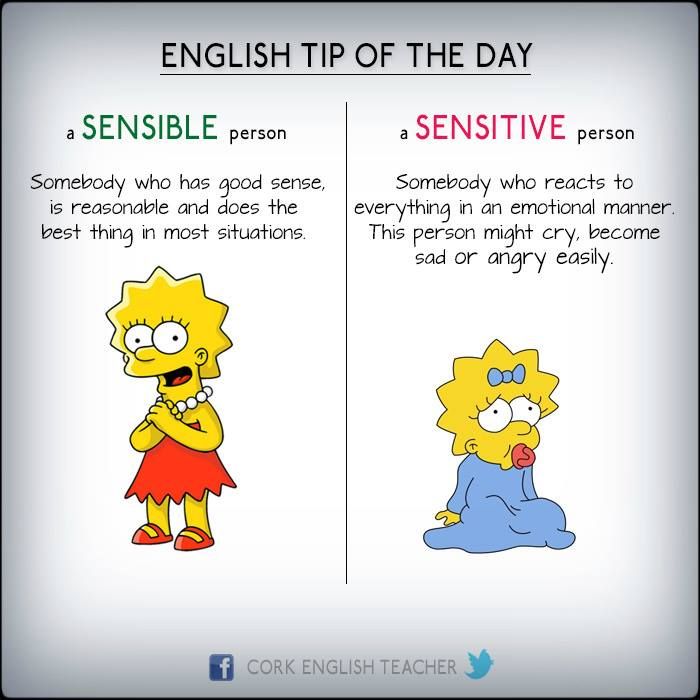 If you do not approach too quickly, it will gradually become clear who is in front of you and whether you can build a dialogue with such a person, find something in common and build respectful contact.
If you do not approach too quickly, it will gradually become clear who is in front of you and whether you can build a dialogue with such a person, find something in common and build respectful contact.
Emotional abuse is no less and often more damaging to the individual than physical abuse
Psychological abuse does not always lead to physical abuse, but it is no less destructive to the personality
Relationships in which psychological abuse is present are much more common than relationships in which there is physical violence, and the first does not always lead to the second. But emotional abuse is no less, and often more damaging to the individual, than physical abuse. It implies humiliation, devaluation, comparisons, blackmail and threats, pressure and control.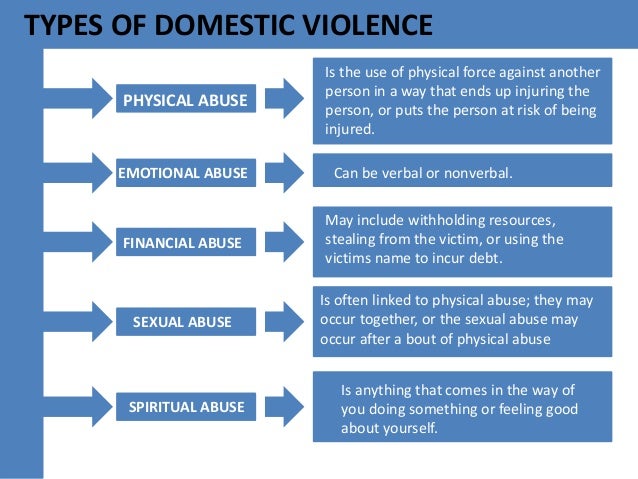 When you live in such a relationship, you are forced to agree with what the one who uses emotional abuse inspires you, and gradually you begin to think that, indeed, “it’s all my fault”, “I really have problems with self-esteem, motivation , time management”, “I don’t dance well and I’m not smart enough”. Despite the fact that there are no bruises on the body, the human soul is wounded and crippled.
When you live in such a relationship, you are forced to agree with what the one who uses emotional abuse inspires you, and gradually you begin to think that, indeed, “it’s all my fault”, “I really have problems with self-esteem, motivation , time management”, “I don’t dance well and I’m not smart enough”. Despite the fact that there are no bruises on the body, the human soul is wounded and crippled.
Survivors of psychological abuse tend to underestimate the seriousness of what is happening
This is not a property of victims as some special type of personality, but a property of any human psyche: our consciousness does not want to be in a state of helplessness. This is the most unpleasant state for consciousness, as there is a loss of control when it is impossible to manage your life. Therefore, consciousness hides such traumatic experiences from us whenever possible.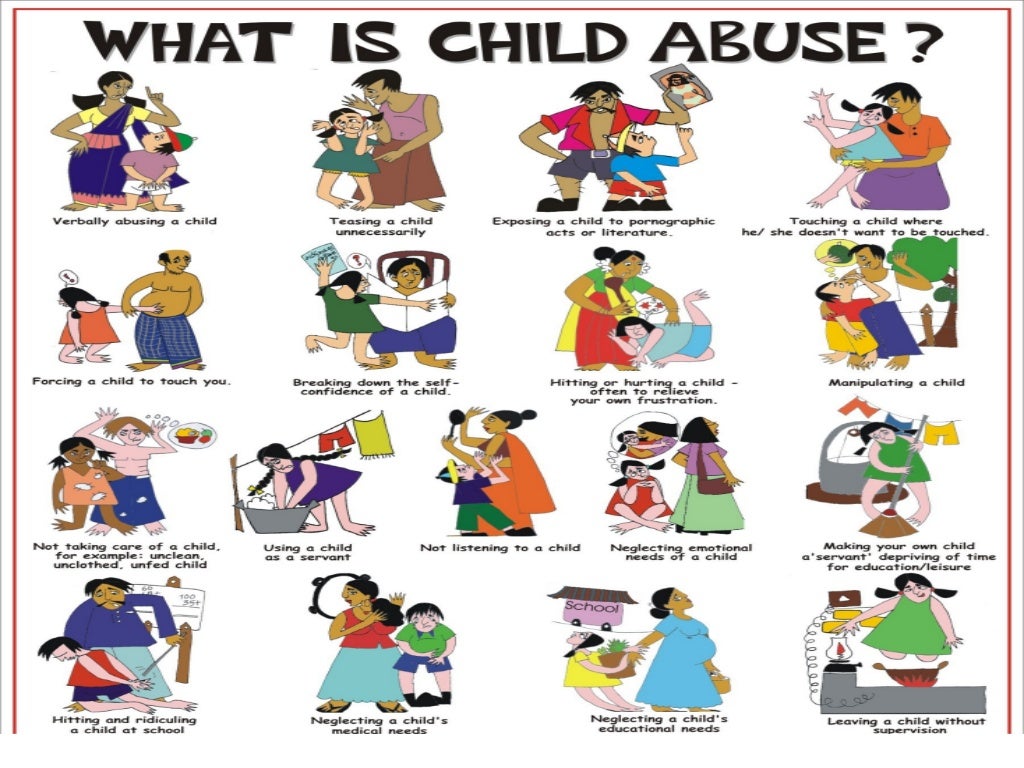 Therefore, to a person experiencing psychological abuse, it seems that nothing special has happened.
Therefore, to a person experiencing psychological abuse, it seems that nothing special has happened.
A person experiencing violence often cannot understand that it is time to seek help
It is usually those who are in a particularly difficult situation who tend to deny the need for help. It always seems to such a person that there is someone who needs more, and the situation is not too critical, maybe this time everything will work out. To really assess the danger, you need to understand whether there is a threat to life and health. If at least once there was physical violence, if scandals and threats are repeated and growing, if the offender uses drugs or alcohol, then the danger is very great. You should not wait for the next episode, you need to leave as soon as possible. Because you are around, the situation will not improve and the abuser will not improve, and you and your children will receive psychological trauma.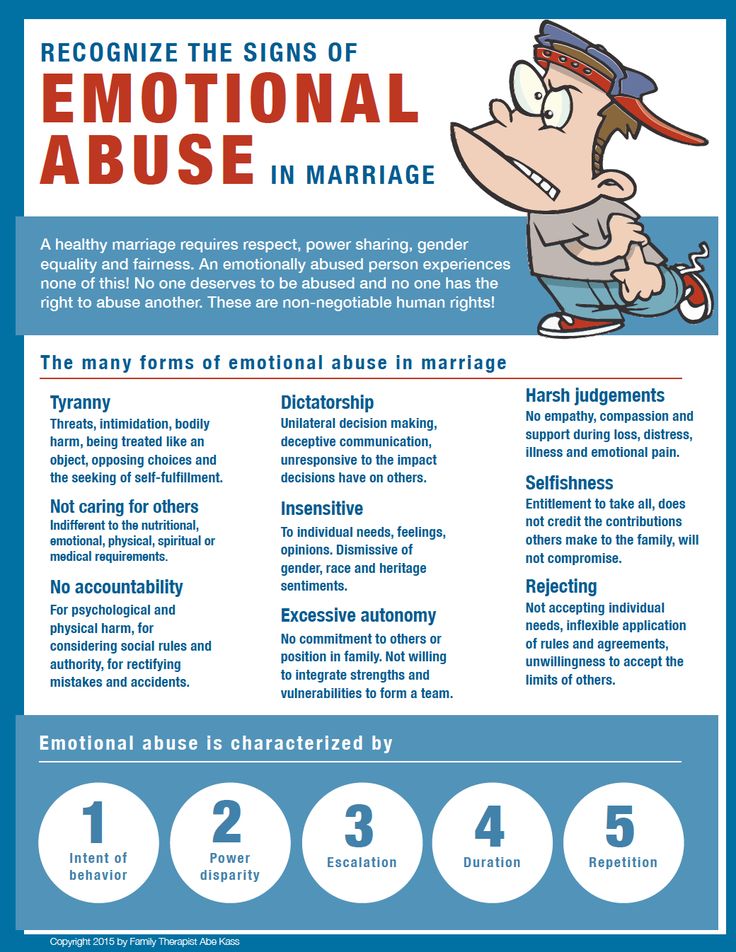
Alcohol cannot be the only cause of aggression towards a partner
Alcohol is not a cause, but a consequence of past violence Alcohol and drugs, of course, aggravate abuse - control over emotions is destroyed, and a person can no longer control his reactions. But even after quitting drinking, a person may not stop being an aggressor. It is certainly worth treating alcoholism, but this does not mean that it is worth continuing the relationship with the one who is being treated and forgetting about yourself for this. It is advisable to leave your needs in the first place.
If only the injured party wants changes and seeks to “heal the relationship with his love”, then the matter is doomed to failure
Psychological abuse can be stopped, but both partners should want it only the victim, but also the one who uses violence.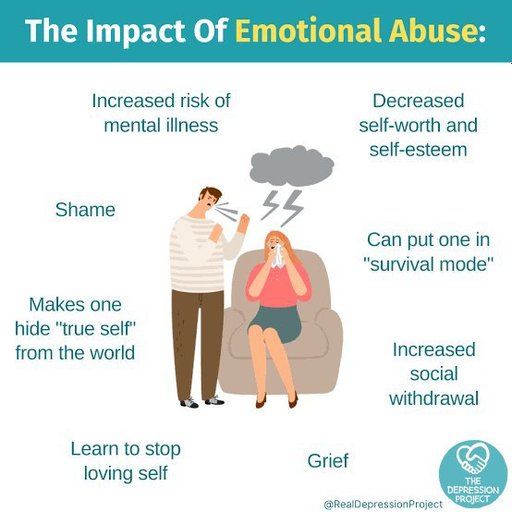 Or if there are two aggressors in a pair, which is also very common. Then they should work in parallel with a psychologist dealing with the trauma of violence, and an EFT therapist (EFT - emotionally focused therapy. - Forbes Woman ), which will help restore trust in a couple and improve communication between partners.
Or if there are two aggressors in a pair, which is also very common. Then they should work in parallel with a psychologist dealing with the trauma of violence, and an EFT therapist (EFT - emotionally focused therapy. - Forbes Woman ), which will help restore trust in a couple and improve communication between partners.
But if only the injured party wants changes and seeks to “heal the relationship with his love”, then the matter is doomed to failure. Because the more love is invested and the more forgiveness and humility the injured partner demonstrates, the more the abuser can afford and the more he will think that his behavior has no negative consequences.
It will not be possible to change the offender
All efforts to achieve this are in vain. You also need to realize that while you live in such a relationship, you not only receive damage yourself, but also do not allow the aggressor to change, because you serve as a resource that allows him to behave this way.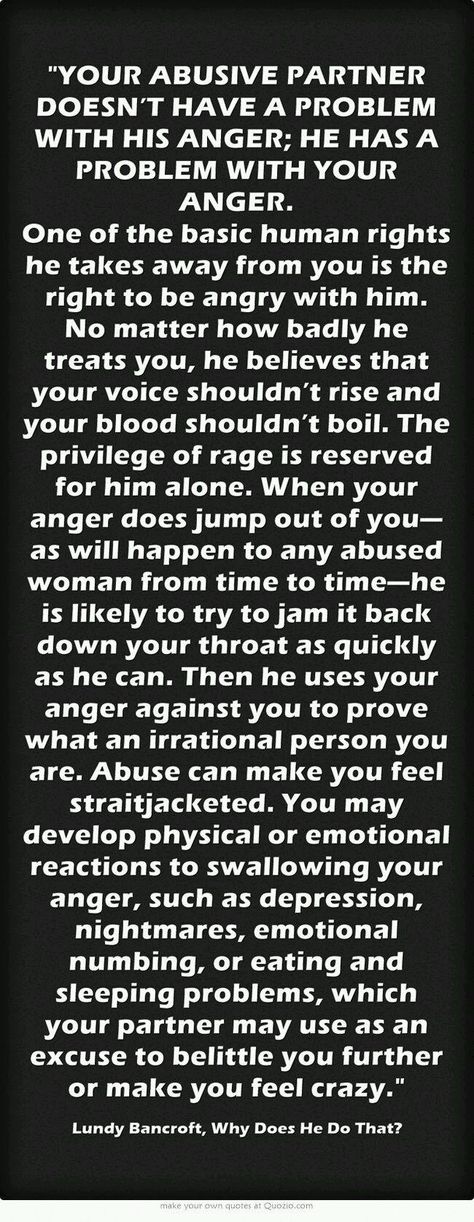 It is not necessary to diagnose yourself and another like “I am a victim” or “he is an abuser”: this does not always change the situation. What is needed is a workable escape plan, support from outside, and recognition of the impossibility of changing anything in this relationship.
It is not necessary to diagnose yourself and another like “I am a victim” or “he is an abuser”: this does not always change the situation. What is needed is a workable escape plan, support from outside, and recognition of the impossibility of changing anything in this relationship.
The one who produces violence often feels like a victim
He sees a threat in a partner, for example, he is afraid that he will leave him or will humiliate him - and therefore he attacks first. At the same time, he thinks he is defending himself. This is a perceptual error. Probably, in the past - mostly in childhood - a person had enough episodes when he was really a victim, and now he projects this experience onto reality.
Related material
Psychological abuse can occur not only in partnerships, but also in working relationships
Practically everyone, in some cases, uses elements of psychological violence and experiences it himself. We know how to defend ourselves against it, and it does not become something categorically harmful and bad for us, if it does not turn out to be a constant factor in relationships.
We know how to defend ourselves against it, and it does not become something categorically harmful and bad for us, if it does not turn out to be a constant factor in relationships.
For example, a boss might ask you to do overtime, implying that non-hard-working employees do not work for this company. Here, a person may have a choice: to comply with the requirement or to defend the right to rest and subsequently, possibly, face a deterioration in attitude. If at least theoretically a person has the opportunity to change jobs, for him this choice is not so critical, he can say “no” in this situation. But if it is difficult with work or in a previous experience (for example, in childhood) a person did not have the opportunity to refuse, since this was followed by punishment, the person loses this choice. He is forced to agree, and if such manipulations continue, he may become a victim of violence.
This state can be noticed by the feeling of hopelessness, anxiety and fear arising in contact with a person or people who violate the boundaries; by feelings of shame and guilt; internal monologues in their defense. Such relationships destroy self-esteem and eventually lead to burnout.
Such relationships destroy self-esteem and eventually lead to burnout.
Recognizing a victim of psychological abuse can be difficult, but if you know about such a person, tell him about the organizations that help. Often they devalue the danger and harm that such a relationship causes them. Therefore, even if we see that a person does not resist when he is treated badly, we should not think that he likes it or is fine with it.
Professional help is needed to deal with this. Therefore, it is important not to blame the victim and not to insist on immediate changes. But it’s definitely worth telling the person that there are free services where you can talk about your situation and better understand it. For example, the oldest center "Anna" (recognized as a "foreign agent") has an excellent help map on the site.
Victims of psychological and financial violence are entitled to help from organizations dealing with the problem of domestic violence, but obtaining asylum in Russia is not always easy
Recently, many public organizations have appeared in Russia that provide assistance to victims of psychological and other types of non-physical violence.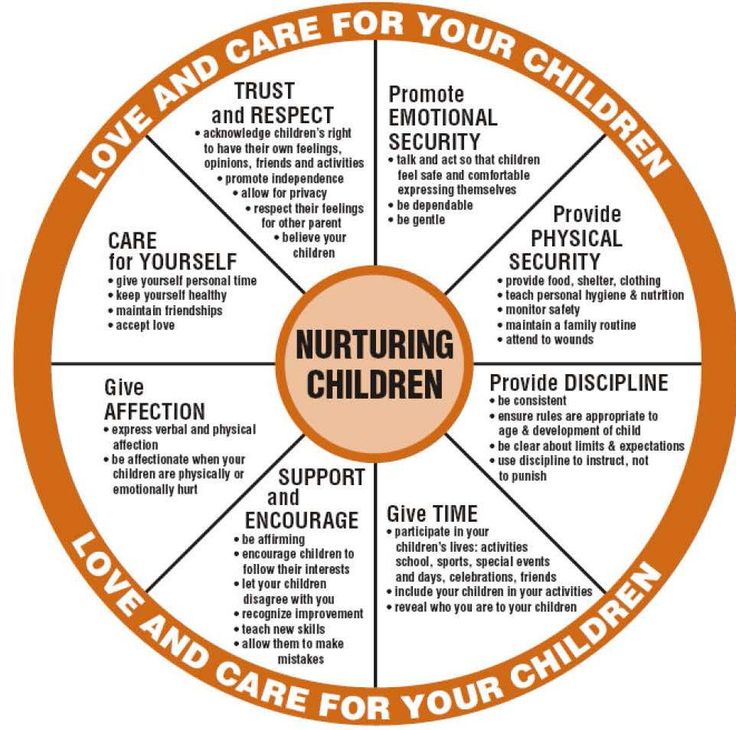 For example, for a year now there has been a “NeTerpi” center, where you can get psychological and legal assistance in a situation of violence. Such centers generally do not have the financial means to create shelters, but not all victims need them: rather, they need to make a decision to leave, and for this they need support and psychological help most of all.
For example, for a year now there has been a “NeTerpi” center, where you can get psychological and legal assistance in a situation of violence. Such centers generally do not have the financial means to create shelters, but not all victims need them: rather, they need to make a decision to leave, and for this they need support and psychological help most of all.
Things are complicated with state centers. To be able to live there, you need a residence permit (although the most vulnerable are those who do not have it) and sometimes a whole folder of certificates, which still does not guarantee the victim a shelter.
If the partner does not beat, but deprives the will. 7 Ways to Recognize Psychological Abuse
Moral abuse is an even more subtle topic than physical abuse. The partner does not drink, does not raise his hand to you, but deprives you of the will psychologically.
With the recognition of physical violence, everything is more or less clear to modern people. Thanks to the educational work of psychologists, it is no longer a secret that violence is not necessarily sexual coercion or beatings. Keep a person at home when he wants to leave or, on the contrary, not let him in when he wants to go home; taking away keys, phone, documents or money to make it difficult for him to move around is also physical abuse. Yelling or hitting a wall/table to break your will during an outbreak of conflict is physical abuse, even if no one has even touched you (yet). An abusive partner intuitively argues very simply: rough physical actions in your presence, in front of your eyes, frighten you and paralyze your will.
But what about moral violence? There is no noise, no destruction. No punches, no slaps. No broken things, no other people's letters read without permission.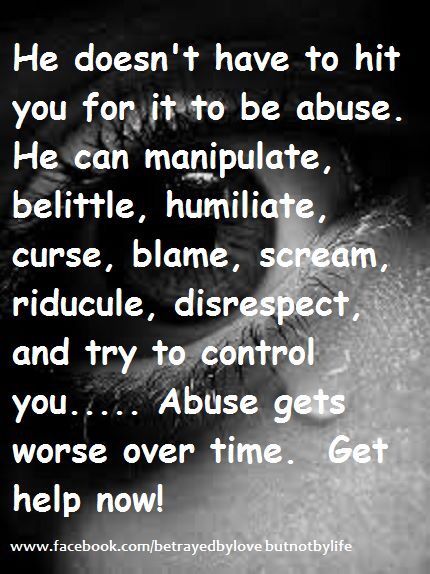 How to recognize him? Let's look at the types of psychological abuse.
How to recognize him? Let's look at the types of psychological abuse.
Let's start with the harmless. Hearing that you don't want to visit his parents again this weekend, your partner silently draws a face. The look was covered with frost, lips in a thread. He says OK. But his voice! It's like he just wrote you a ticket. Clearly, guests cannot be canceled (you guessed it).
2. Partially ignored. Filter questions according to your goals. If you cut a pancake cake, then it is striped on the cut. It also looks like "on the cut" communication with a moral abuser. Some answers are successful, others are not.
— How about Friday? I miss you.
— Yes, dear!
— And who is Masha Hibiscus, does she flirt with you on Facebook?
He does not answer.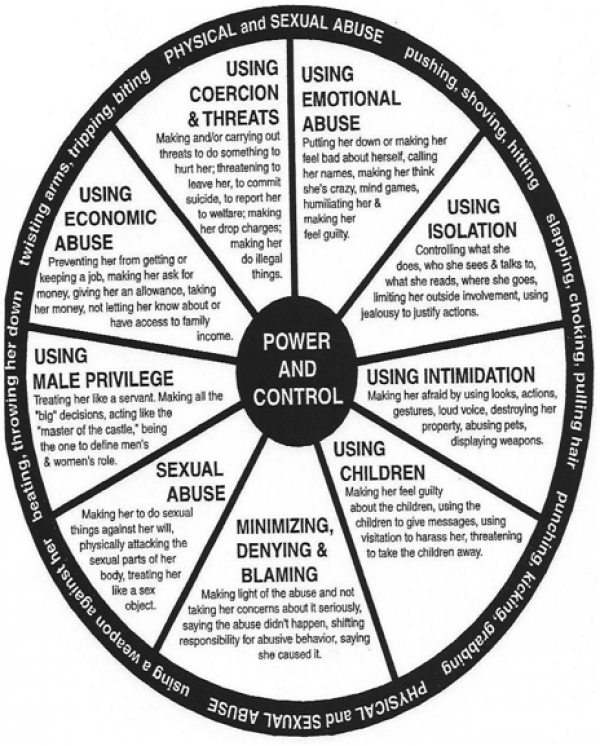
— Honey, what do you want for dinner?
— Please bake my favorite sea bass with lemon and rosemary.
— Hey, why do you talk on the phone from the bathroom in the evenings with the shower on? Do you have someone?
He does not answer.
You can, of course, go for broke, wait for the meeting and ask: why do you skip uncomfortable questions? In such cases, moral rapists have other tricks.
3. Stare without comment. This is when he is the Kaa Boa, and you ... you yourself understand who.
- Dear, we could reschedule the trip out of town, I absolutely need to get to this conference for work.
In response, he looks at you without looking away.
- Did I ask something wrong?
Without blinking, he continues to pierce the bridge of your nose with his eyes.
You got scared and your question disappeared somewhere. Then, when you ask: “Are you not happy that I refused that conference, because you were so against it ...”, he will say with a yawn: “I was against it? Stop blaming me for your own mistakes." And he will be right. He didn't say he was against it. He just looked between your eyes. By the way, try to squeal that he somehow looked wrong. He will say: “Did I watch? I stood with my back to you and mixed Cointreau with a martini. Perhaps you drank too much that evening? And it's already called...
4.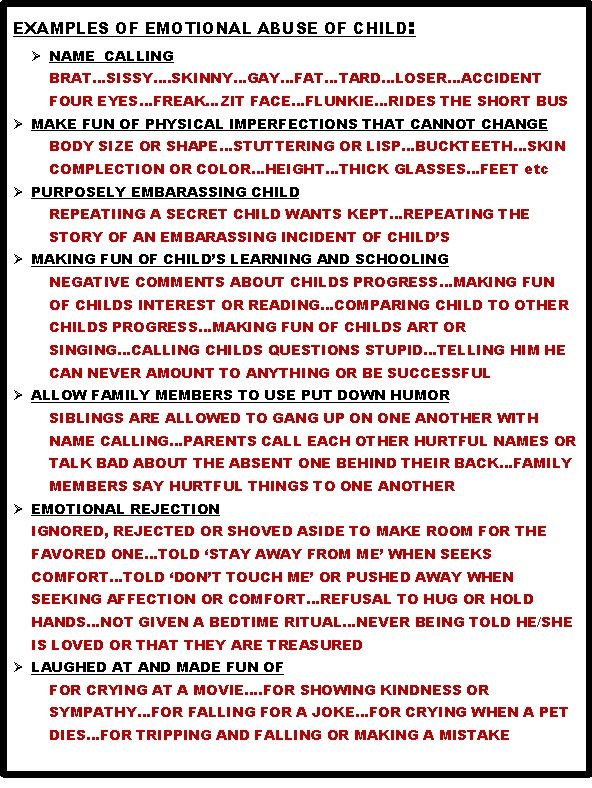 Gaslighting. Detective film "Gas Light" in 1948 about how a young wife became a hostage to her husband's criminal goals. He made her look crazy in the eyes of her relatives, and most importantly, made her doubt her own sanity. Gaslighting refers to the intentional "madness" of another person. The gaslighter deliberately asserts and even "proves" that the victim's psyche is flawed and cannot be relied upon. And the victim believes. Your friend does small things (like lying a little all the time) or even some big things (spending the general money on his personal climbing equipment, blackmailing you into having an abortion, or sleeping with your girlfriend). And then he says one of the phrases: “What is wrong with you?”, “Are you in a bad mood?”, “It’s not true, we agreed”, “You yourself wanted this”, “Oh, are you starting again?”, “I don’t meant it”, “You misunderstood me”, “It never happened”. In romantic relationships, gaslighters use the universal property of falling in love - regression.
Gaslighting. Detective film "Gas Light" in 1948 about how a young wife became a hostage to her husband's criminal goals. He made her look crazy in the eyes of her relatives, and most importantly, made her doubt her own sanity. Gaslighting refers to the intentional "madness" of another person. The gaslighter deliberately asserts and even "proves" that the victim's psyche is flawed and cannot be relied upon. And the victim believes. Your friend does small things (like lying a little all the time) or even some big things (spending the general money on his personal climbing equipment, blackmailing you into having an abortion, or sleeping with your girlfriend). And then he says one of the phrases: “What is wrong with you?”, “Are you in a bad mood?”, “It’s not true, we agreed”, “You yourself wanted this”, “Oh, are you starting again?”, “I don’t meant it”, “You misunderstood me”, “It never happened”. In romantic relationships, gaslighters use the universal property of falling in love - regression.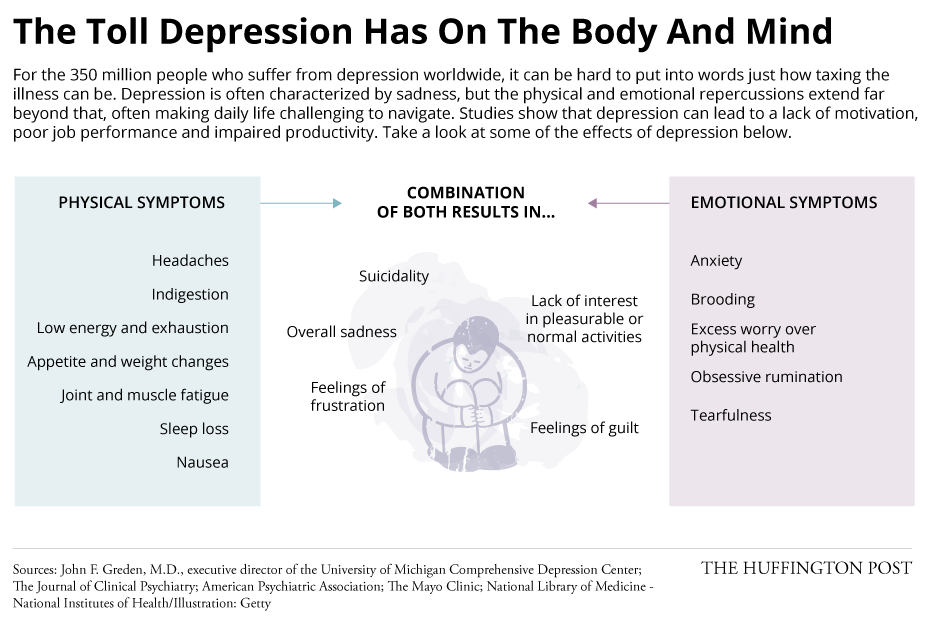 Are you in love and feel like a little child? So nice to submit to a wise and charismatic friend? Let him do as he sees fit, to dissolve in it - a pleasure? If your man is strong and mature, he will thank you for your trust and will only love you more. If you are dealing with a moral abuser, waking up from love, you will find yourself in a relationship where you decide nothing and where everything is against you if you do not agree with it. And to the question "why is everything so?" He will say: "You yourself wanted this." And he will be right.
Are you in love and feel like a little child? So nice to submit to a wise and charismatic friend? Let him do as he sees fit, to dissolve in it - a pleasure? If your man is strong and mature, he will thank you for your trust and will only love you more. If you are dealing with a moral abuser, waking up from love, you will find yourself in a relationship where you decide nothing and where everything is against you if you do not agree with it. And to the question "why is everything so?" He will say: "You yourself wanted this." And he will be right.
5. Blackmail, shame or guilt and seduction. Your friend reports that because of a missed visit to the family nest, mom has a bad heart, dad tore his meniscus while running to the pharmacy, and he is now so upset that he doubts the prospects of your relationship. (as usual, he looks down the bridge of your nose). In this example, the whole “package” is visible: the manipulation of guilt, an attempt to shame / scare you, blackmail by breaking up a relationship. If you come to your senses and immediately promise everything that you refused yesterday, he will immediately become nice and make amends with affection, sex or a walk in your favorite park.
If you come to your senses and immediately promise everything that you refused yesterday, he will immediately become nice and make amends with affection, sex or a walk in your favorite park.
6. Ignoring, disappearing for the purpose of punishment. The once-famous pediatrician Benjamin Spock did not recommend going in at night to a crying baby so that he would "understand" that good babies sleep at night, and do not cry. At the same time, another doctor, John Bowlby, with numbers in his hands, proved that the baby, again and again experiencing the inability to call on his mother, plunges into "anaclitic depression", from which he can even die despite complete care. We also experience a weak solution of infantile horror-despair when a dear person disappears “from the radar” without any comments. Moral abusers intuitively use this tool to intimidate their partners: “Nice girls don’t ask their lover uncomfortable questions about flirting and phone calls from the bathroom. Twitch, sort out our quarrel on the staff. Find the mistake, guess where you were wrong. And the day after tomorrow, perhaps, I will forgive you.”
Twitch, sort out our quarrel on the staff. Find the mistake, guess where you were wrong. And the day after tomorrow, perhaps, I will forgive you.”
7. He is actually the victim. Remember that Sunday when you didn't want to go to visit, and he heavily hinted that he would leave you? If one day you risk outplaying him and immediately react with blackmail for blackmail, you will be amazed at the enchanting metamorphosis. Say: “Darling, I get so upset when they put pressure on me that I don’t even know what the prospects for our relationship are ...” - here you need to look at him for a long time between the eyebrows. I know a story when yesterday's moral rapist cried for two weeks without a break and littered all the messengers of his girlfriend with pleas to forgive him. It turned out he was unaware of her discomfort. When blackmail stops working, and seduction is inappropriate, he presses on pity. You soften and everything starts again.
The core of any violence is the object manipulation of another person. Even wrapped in politeness, seduction or cunning, violence betrays itself according to the main feature - in a relationship you are an object, not a subject, not a person, not a person with his own feelings and will. And they treat you like an object: they manipulate you functionally, sorting through different techniques, looking for master keys. If you are malleable, use soft tricks. If soft ones are not effective, use pressure.
Very often a partner prone to psychological violence alternates aggression with seduction. As soon as you stop bending, he becomes charming and in a deep velvety voice asks you for reconciliation. And gives a ticket for a musical or a tour to Bali. You relax, and after a couple of days he again scolds you, drills his eyes and punishes you with silence. Against moral rapists there is only one remedy, but it is enough.